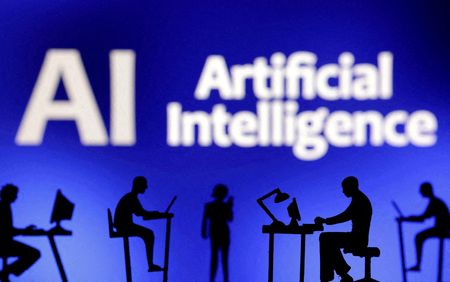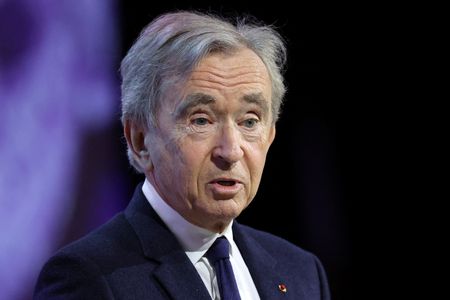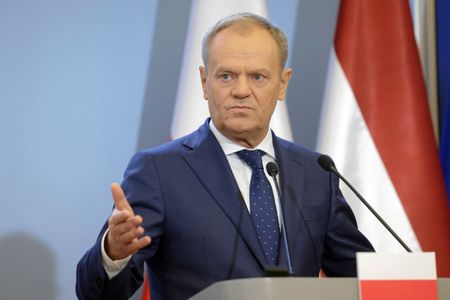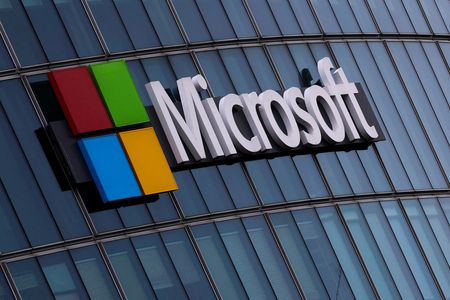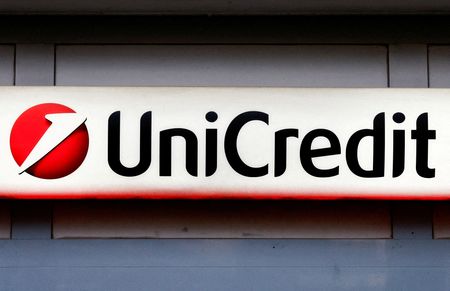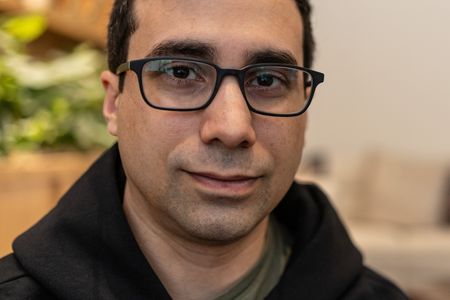DUBAI (Reuters) -The United Arab Emirates launched a new Arabic language artificial intelligence (AI) model on Wednesday as the regional race to develop AI technologies accelerates in the Gulf.
The UAE, a major oil exporter, has been spending billions of dollars in a push to become a global AI player, looking to leverage its strong relations with the United States to secure access to technology.
U.S. President Donald Trump said during a visit last week that an AI agreement with the UAE creates a path for it to access some of the advanced AI semiconductors from U.S. firms, a major win for the Gulf country.
Falcon Arabic, developed by Abu Dhabi’s Advanced Technology Research Council (ATRC), aims to capture the full linguistic diversity of the Arab world through a “high-quality native (non-translated) Arabic dataset,” a statement said.
It also matches the performance of models up to 10 times its size, it said.
“Today, AI leadership is not about scale for the sake of scale. It is about making powerful tools useful, usable, and universal,” Faisal Al Bannai, ATRC secretary general said in the statement.
ATRC also launched Falcon H1, which it said outperforms competitors from Meta and Alibaba by reducing the computing power and technical expertise traditionally required to run advanced systems.
AI was a central theme during Trump’s visit to Saudi Arabia as well, which is pitching itself as a prospective hub for AI activity outside the U.S.
The kingdom launched a new company earlier this month to develop and manage AI technologies and infrastructure, which is also aiming to offer one of the world’s most powerful multimodal Arabic large language models, according to a statement.
(Reporting by Yousef Saba; Writing by Sarah El Safty; Editing by Rachna Uppal)

